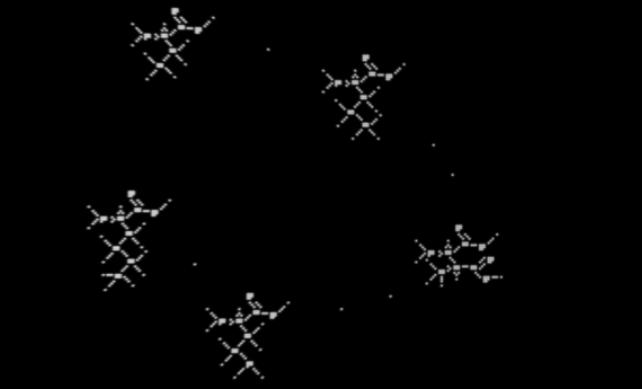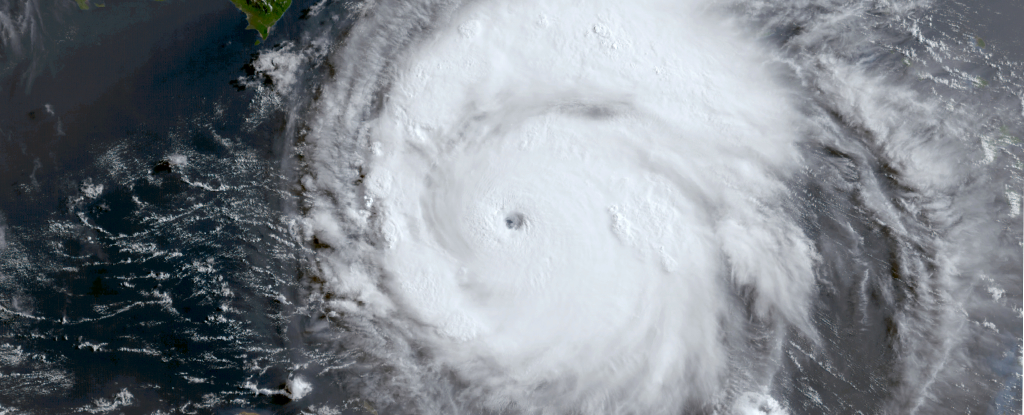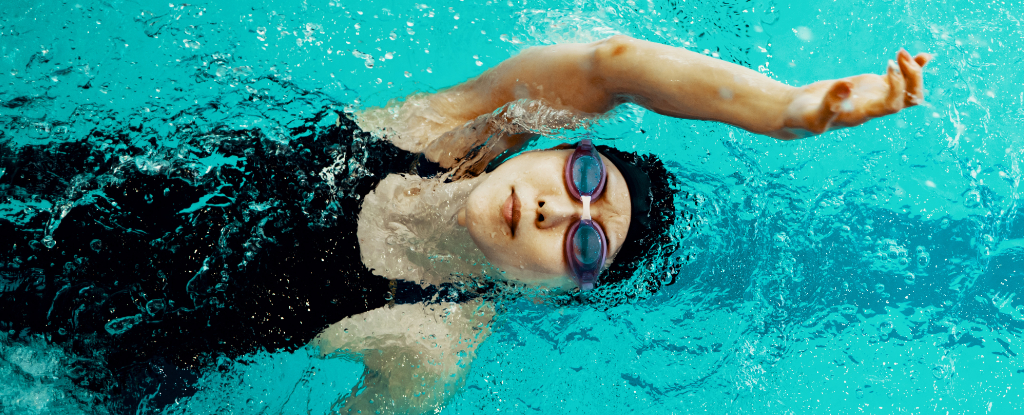Place your adverts here on InfoDig @ low rates; banner ads, sponsored links and guest articles etc. Contact us
In May 2023, the ESA's Exomars Trace Gas Orbiter (TGO), currently in orbit around Mars, sent a signal to Earth to simulate a possible extraterrestrial transmission.
As part of the multidisciplinary art project "A Sign in Space," the purpose was to engage citizen scientists in helping to decode it. The campaign was inspired by Cosmicomics by Italian writer/journalist Italo Calvino, a series of short stories exploring various scientific principles. The project is partnered with the SETI Institute, the Green Bank Observatory, the European Space Agency (ESA), and the Istituto Nazionale di Astrofisica (INAF).
After three radio astronomy observatories on Earth intercepted the message, the challenge was to extract the message from the raw data of the radio signal and then decode it. After ten days, more than 5000 citizen scientists worldwide gathered online and used their combined resources to extract the signal.
After a year of attempts, two US citizens – the father-daughter team of Ken and Keli Chaffin – managed to crack the code after days of simulations. They discovered that the message consisted of five clusters of white dots and lattices against a black background, suggesting cellular formation and life!
The project was founded by Daniela de Paulis, a media artist and licensed radio operator currently serving as the Artist in Residence at the SETI Institute and the Green Bank Observatory. Daniela and a small group of astronomers and computer scientists crafted the message with support from the ESA, the SETI Institute, and the Green Bank Observatory. On June 7th, 2024, she received the decoded image, which depicted five amino acids – the very building blocks of life – in a retro-like format.
Ken Chaffin included the following message with the solution he and his daughter submitted:
"My decoded message is a simple image with 5 amino acids displayed in a universal (hopefully) organic molecular diagram notation and a few single pixel points that appear between the clusters and molecular diagrams.
"I used a Margolus reversible 2×2 block cellular automata (BCA) with the simplest reversible rule, which is called 'single point (CCW) rotation,' acting only on 2×2 cells that contain only a single point or pixel per the header instructions, conserving pixel or point count, 625 pixels in and 625 out. The starmap image appears to have the molecular forms encoded in a 3D local degree of freedom set of basis vectors (also shown in the header).
"The CA effectively transforms and projects this 3D info onto a 2D plane. I can run my Unity game engine based simulator forwards (CCW rotation) and backwards (CW rotation) in time and transform the starmap representation to the amino acid diagrams in 6625 generations and reverse the rotation process to transform the amino acid diagrams back to the starmap image in 6625 generations.
"I say starmap but I really read from the binary message file each run. The decoded image is only visible for 1 frame lasting about 1/10th of a second, but I can pause and manually step as well as reverse my CA engine…Here is a screen capture of my decoded image [see below].
 The image shows the Chaffis solution. (A Sign in Space)
The image shows the Chaffis solution. (A Sign in Space)"The 'blocks' have 1, 6, 7, or 8 'pixels' representing the atomic number of hydrogen, carbon, nitrogen, and oxygen. Single and double bonds are designated as single and double lines. C-H bond angle is indicated with a caret ^ sign. These signs were produced by the CA. I have not edited the image in any way.
"It's absolutely obvious to me what this is, as well as to my chemist friend I ran this by. It is amazing to watch all of the CA gliders or spaceships carry the binary bits of the message all over the 'galaxy' and then suddenly come together in coherence and meaning…"
Now that the tasks of extracting and decoding the message are complete, Daniela and her colleagues are taking a step back to observe how citizen scientists are shaping the challenge.
The next step is to interpret the message and determine what it was meant to convey, a task that currently remains open. According to the project team, there are several ways for the public to engage, which include using the description and solution provided by the Chaffins to conduct independent analysis and post the results on the project's Discord channel.
Participants must include a description of the method they used so that their approach can be replicated and verified. The possibilities are endless, ranging from an attempt at communication, cultural exchange, or a threat of invasion. Ultimately, this exercise aims to determine whether or not humanity is ready to make first contact with an alien civilization.
This article was originally published by Universe Today. Read the original article.







)






